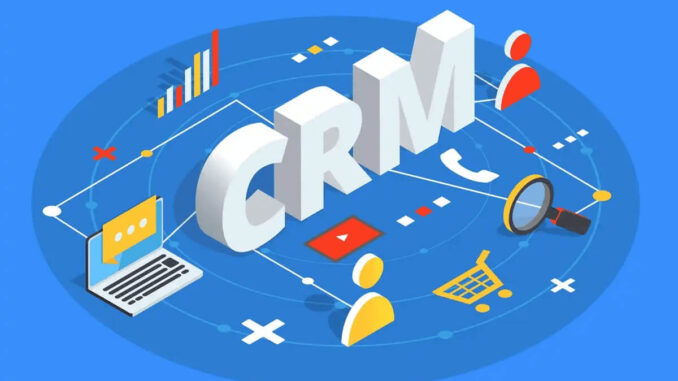
The first things that come to mind when you hear the word “social” are social networking sites like Facebook, Instagram, Tiktok, and Twitter. And you responded “Customer Relationship Management” when questioned about CRM.
Simple. Obvious. Predictable.
But in the present era, social media has become a crucial tool for most enterprises. The importance of these channels for communicating with customers (new and old). Without leveraging social media platforms like Twitter and Instagram, your business can be cut off from customers and adrift in a sea of rivals. With the help of these platforms, you may have conversations with potential consumers and, more significantly, forge bonds with them. These connections foster loyalty, and loyalty aids in the development of your brand.
You’ll need the skills to manage those relationships whenever your business starts to expand, which is where CRM comes into play.
CRM technologies eventually become required if you recognise how crucial social networks are to consumer relations. Why not thus fill the chasm between the two?
What is Social CRM?
It’s straightforward. Social CRM Malaysia is the union of CRM tools and social networks. These solutions combine social media channels with conventional CRM software. Customers can communicate with a firm much more easily thanks to this union.
Yet why? Don’t you already have the means of communication required?
You do, you do. But the present day raises a new query: Are those channels adequate? But, no. Think about the following:
- It’s a given that most individuals don’t like talking on the phone.
- Email is not used among younger generations.
- Customers want a quick answer, and they will go on if they don’t get one.
I’ve moved away from conventional connecting with businesses over the last couple of years. I quickly go to their Twitter account rather than falling back on a phone number or email. Why? The response may be a little unsettling for most firms, but it reflects the state of affairs in the modern world.
A corporation understands it needs to respond as soon as possible when I ask for its help on Twitter (and tag them in a post). Why? The court of public opinion has significant influence over the buyer. People on Twitter will be interested in following how a firm responds to a problem if they notice someone is experiencing an issue with one of its goods or services (mainly if they already use it). This forces companies to work very hard to find a solution.
Consumers are now accustoming to receiving fast gratification because of companies like Amazon. They demand same-day delivery and won’t wait for assistance on hold. Everyone is too busy to spend minutes or hours listening to poor Muzak. Sticking with the old methods could spell the end for your business, given that customers can just get onto Twitter, mention you in a post, and carry on with their day until you answer.
Integrating social media with CRM solutions is now essential for this exact reason. It guarantees that businesses are providing customers with their preferred method of communication in addition to assuring customers that a company will react to their enquiry. Most customers want social media to be their initial point of contact, whereas other customers prefer to call or default to email.
You’re losing out if your CRM platform doesn’t include social media channels.
To market, to market
CRM tools aren’t just for helping your existing clients; they’re also for reaching out to potential new clients. If your company isn’t already utilising social media, you’re falling behind. Social media also means cultivating relationships and purchasing ads on Facebook and Twitter.
Although a standard CRM solution might assist you in managing those antiquated marketing channels through tried-and-true techniques, they are out-of-date without a social media component. Your marketing staff needs simple access to social media platforms for maximum efficiency. Customer involvement is made two-way by integrating the social layer into your CRM. As a result, you’re developing a dynamic relationship with your customers rather than a passive one, making it much simpler for your marketing team to capitalise on it.
You require this
Social integration into your CMS is now a matter of when not if. And it’s time to start looking for a new platform if your existing CRM solution can’t integrate social media. You will fall further behind the competition the longer you put off making this choice. You cannot afford to lag even slightly behind, given the intense rivalry that is currently present.
This article is posted on USA Small News.

Leave a Reply